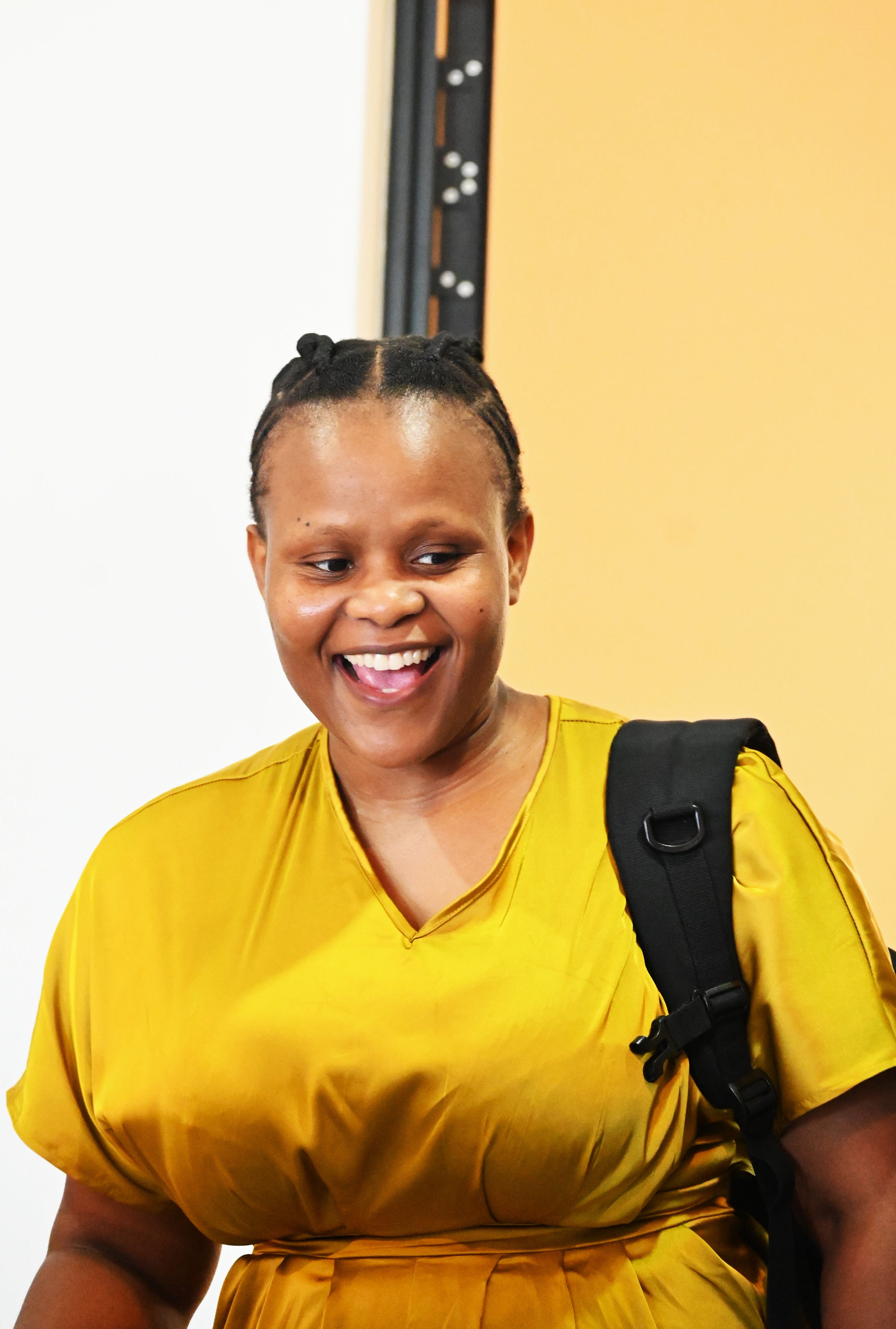HEAD OF BUILT ENVIRONMENT CHARTS PATH TOWARDS ACHIEVING FULL PROFESSORSHIP

As one of only 34 participants chosen for the Future Professors Programme’s highly-contested Phase 2 Cohort 3, Department of Built Environment associate professor and HOD, Prof Nokulunga Mashwama, will be developed and nurtured on academic leadership, research, teaching and learning, and community engagement.
"The programme intends to support the participants in cultivating their capabilities, dispositions, and knowledge and provide them with resources needed to navigate the expectations and requirements of the professoriate," said FPP Phase 2 Chairperson and the University of Johannesburg DVC for Academics, Prof Sehaam Khan.
A total of 103 multi-disciplinary applications were received from all 26 universities in the country. Each application underwent a rigorous selection process that included:
- - A detailed analysis of each candidate and their supporting documents
- - Review and consideration by the FPP Phase 2 National Advisory Board.
- - Recommendations made by the Board to the Department of Higher Education and Training (DHET) for final approval.
Mashwama, who was recently honored to serve on the Construction Industry Development Board (CIDB) 5-Year Review Panel at the discretion of the public works minister, stated that this opportunity will allow her to contribute to the development of senior academic leadership in the higher education sector.
“Given the evolving landscape of academia, particularly in the built environment, there is an increasing need for scholars who can bridge the gap between industry, education, and sustainable development. Phase 2 of the FPP adopts a situated model of action-based learning, where participants actively engage with a structured yet flexible developmental programme,” she opined.
The "structured yet flexible programme," as described by the FPP chairperson, aims to prepare future professors to effectively navigate the evolving landscape of students and universities. It focuses on helping them develop a dynamic professional identity capable of supporting and managing processes of change.
To achieve this, the programme will include several key components, such as individually assigned mentors, professional coaching, a 12-part action-learning workshop series, a leadership course, international networking opportunities, and a monthly lecture series featuring renowned scholars.
Magnifying its relevance to her academic aspirations, Mashwama said the FPP’s three key developmental dimensions and the five thematic areas it covers offer a holistic approach to academic leadership – dimensions that ensure emerging professors, not only strengthen their research and teaching capabilities, but also cultivate leadership skills.
“By participating in this programme, I aim to refine my expertise in project management, sustainable construction in the built environment, and education and training aligned with the Sustainable Development Goals, all while positioning myself as a thought leader in my field,” she said.
Mashwama shows a clear and confident attitude regarding the improvements she wishes to achieve by the end of the programme. These goals include cultivating a distinct professional identity, developing her leadership skills, enhancing her research abilities, fostering teaching innovation, establishing a strong sense of community engagement and building professional networks.
A passionate proponent and advocate of academia, she was in awe at the potential for the power of education to influence future generations, contribute to knowledge creation, and drive industry transformation.
“The academic landscape is evolving rapidly. Continuous development ensures that scholars remain relevant in an ever-changing world. Moreover, the graduates we produce should be equipped with entrepreneurial and technical skills to thrive in a dynamic industry,” she concluded.
By Thando Cezula
